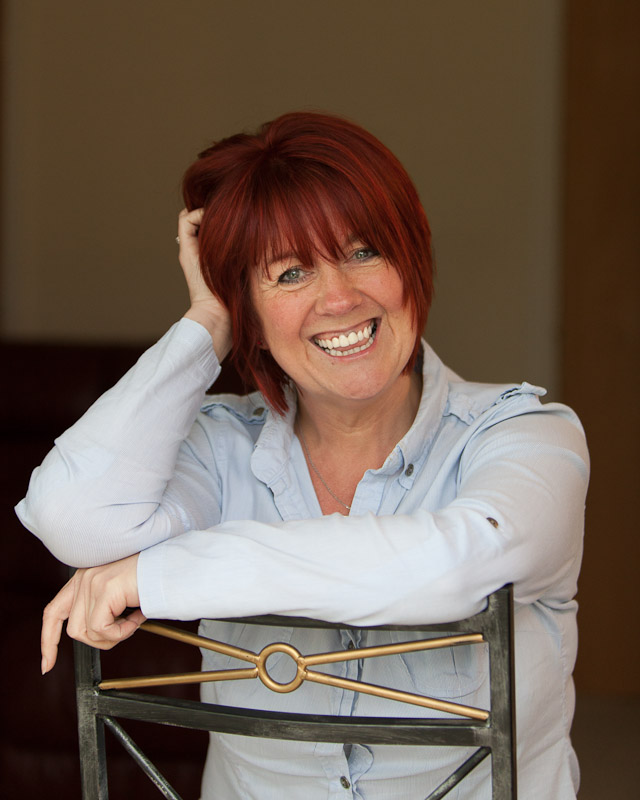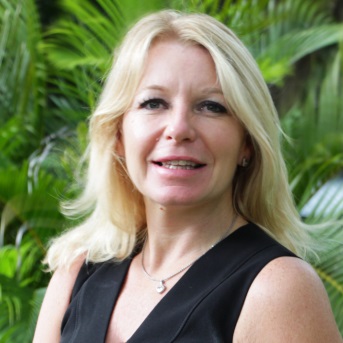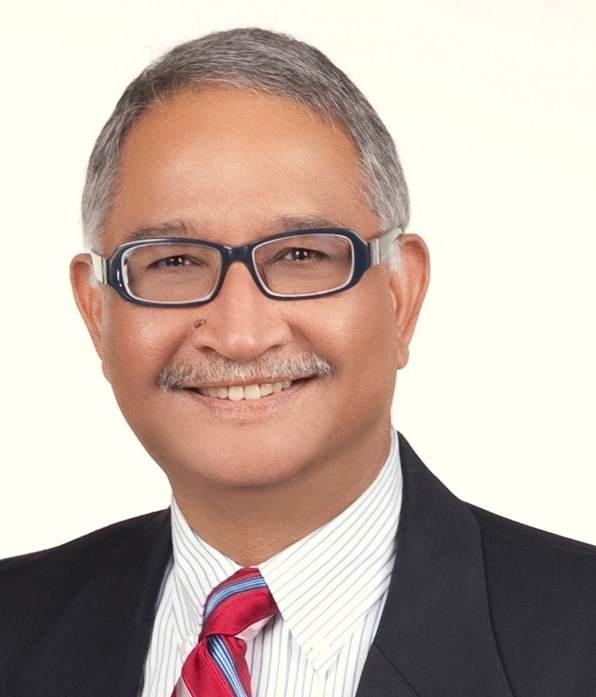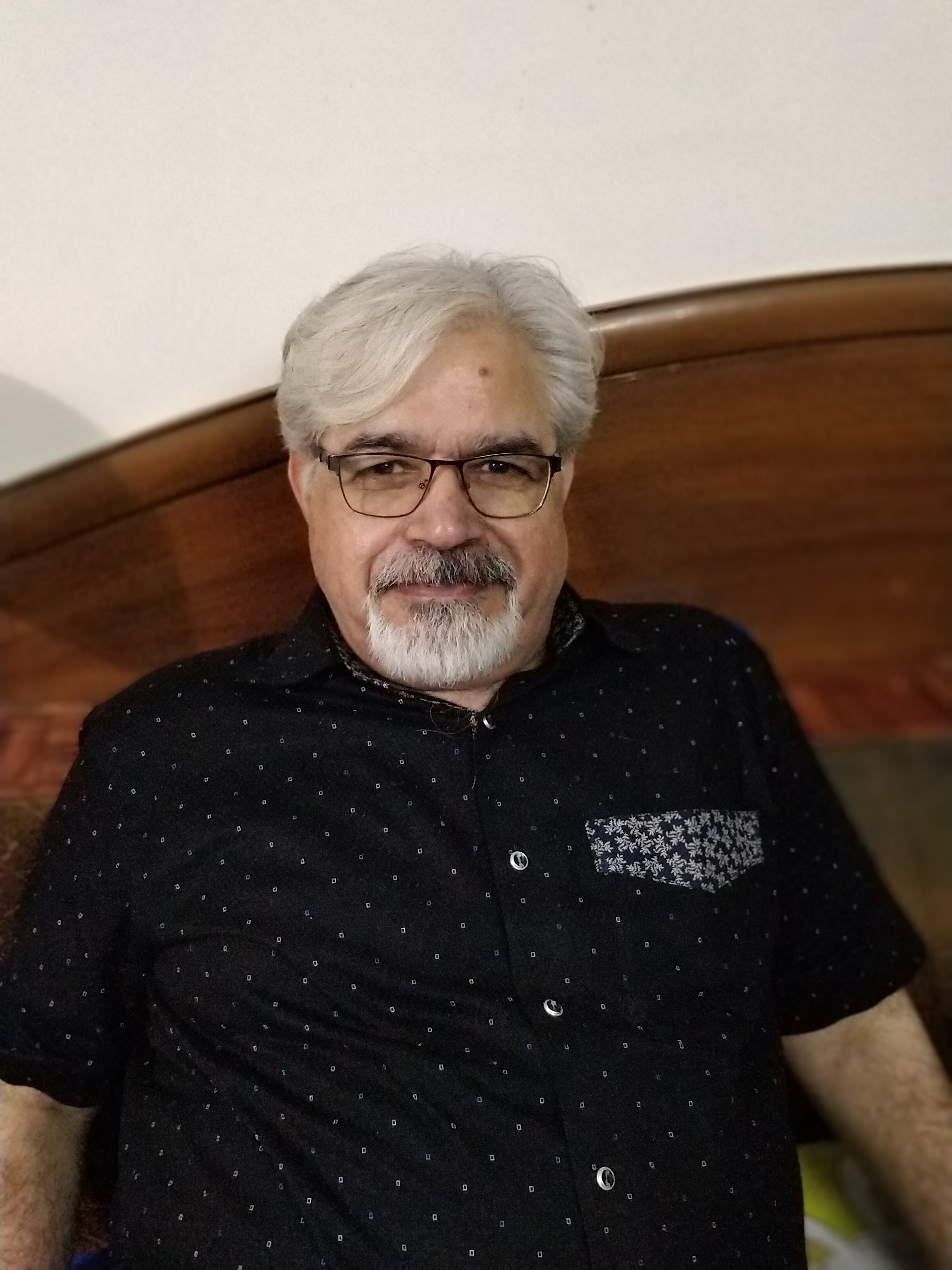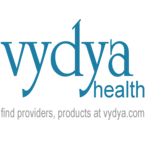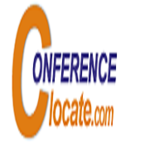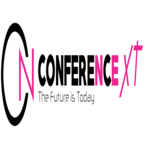Track & Session
Session 1: Addiction
Addiction is an essential, chronic disease of mind reward, inspiration, memory, and related circuitry. Dysfunction in these circuits leads to characteristic biological, psychological, social, and spiritual manifestations. This is reflected in an individual pathologically seeking after reward and additionally help by substance utilize and other behaviors. Addiction is characterized by an inability to consistently abstain, impedance in behavioral control, desiring and lessened acknowledgment of noteworthy issues with one's practices and interpersonal connections, and a broken passionate reaction. Like other interminable ailments, dependence frequently includes cycles of backslide and abatement. Without treatment or engagement in recuperation exercises, habit is dynamic and can bring disability or premature death.
The risk factor for addiction exits on:
Session 2: Recent research and case studies in Addiction
With a regularly expanding normal future, Addiction is turning out to be more common in the public arena. The monetary and social expenses of Addictive Disorders and Alcoholism to society are immense. Numerous enormous pharmaceutical organizations have moved far from addictive disorders and medicine investigate. This meeting will give designates a chance to increase extra profound experiences into the accepted procedures in clinical trials and tending to the difficulties in Addictive Disorders and Alcoholism inquire about and by taking a gander at the most recent preclinical and clinical studies.
Session 3: Drug Addiction
Drug addiction is a chronic disease characterized by urgent, or wild, drug seeking and use despite harmful consequences and changes in the brain, which can be dependable. These adjustments in the mind can prompt to the harmful behaviors found in individuals who utilize drugs. Drug addiction is additionally a backsliding disease. Backslide is the arrival to drug use after an endeavor to stop. It is an intense issue which has resisted all endeavors at its answer in this way. Someone who is addicted can't manage without the drug even for a short while, and the propensity continues expanding and soon the junkie gets himself a vulnerable casualty of this corrupting propensity. He should get his dosage of it at the settled time and on the off chance that he doesn't get it, he sobs and cries and gets to be distinctly unequipped for the minimum development. The outcome is that he acquires cash, or he takes it from his own home or from whatever other places which might be inside his range. He or she abused in different routes by their purported companions or the dealers of these horrible medications. The medication addicts take, and with their folks and different individuals from the family so that their life in the home turns into a damnation. Regularly the shrewd outcomes in suicide and demolish of the entire family. The main recipients are the merchants of these medications. They flourish while their casualties die.
Session 4: Alcoholism
Alcoholism, also known as alcohol use disorder, is a wide term for any drinking of liquor that outcome in issues. It was beforehand partitioned into two types: alcohol abuse and alcohol dependence. In a medicinal setting, liquor abuse is said to exist when at least two of the accompanying conditions is available: a man drinks substantial sums over quite a while period, experiences issues chopping down, gaining and drinking liquor takes up a lot of time, liquor is emphatically craved, utilization brings about not satisfying obligations, use brings about social issues, use brings about medical issues, use brings about dangerous circumstances, withdrawal happens when stopping, and alcohol has occurred with use. Ethanol is the type of alcohol that over two billion people drink every day and these are produced by the fermentation of yeast, sugars, and starches. For centuries, people have consumed ethanol-based drinks, such as beer and wine, to change the way that they feel. However, ethanol also has harmful effect on body. The human liver can metabolize ethanol, but only in limited quantities. Ethanol is toxic, so it damages the liver, the brain, and other organs over time. Ethanol also inhibits the central nervous system, thereby impairing coordination and judgment.
Session 5: Addiction Therapy
Therapy for compulsion enables people in recovery to comprehend what causes dependence, figure out how to perceive chance components for backsliding and create devices for adapting to distressing circumstances. Affirmed fixation specialists enable patients to discover inspiration, create attitudes and enhance connections to help recuperation.
Common type of addiction therapy is:
Session 6: Addiction Interventions
Addiction intervention helps the addicted persons in trouble with alcohol or drugs. The people who struggle with addiction are often in denial about their situation and unwilling to seek treatment. They may not recognize the negative effects their behavior has on themselves and others. Intervention helps the person make the connection between their use of alcohol and drugs and the problems in their life. Interventions may stand the best chance of being successful when conducted under the guidance of an outside professional. An interventionist's assistance may mean the difference between life and death.
Session 7: Dual Diagnosis: Mental Illness and Substance Abuse
Dual diagnosis is a term used to describe a person who is diagnosed with a mental illness and a substance use or abuse disorder at the same time. Dual diagnosis is sometime referred to as co-occurring disorders or comorbidity. Dual diagnosis adds complexity to assessment, diagnosis, treatment, and recovery, and can be associated with increased incidences of relapse. There are three possibilities as to why they occur together:
-
Common risk factors may contribute to both mental disorders and substance use disorders.
-
Mental disorders can contribute to drug use and substance use disorders.
-
Substance use and addiction can contribute to the development of a mental disorder.
Session 8: Schizophrenia
Schizophrenia is a serious mental illness that interferes with a person’s ability to think clearly, manage emotions, make decisions and relate to others. Schizophrenia most commonly strikes between the ages of 16 and 30, and males tend to show symptoms at a slightly younger age than females. In many cases, the disorder develops so slowly that the individual does not know that they have had it for many years. However, in other cases, it can strike suddenly and develop quickly. Schizophrenia is a psychological issue portrayed by unusual conduct and a diminished capacity to comprehend reality. Normal indications incorporate false convictions, hazy or confounded reasoning, hearing voices that others don't, decreased social commitment and passionate articulation, and an absence of motivation. People with schizophrenia regularly have extra psychological well-being issues, for example, nervousness, depressive, or substance-utilize disorders. Symptoms ordinarily please bit by bit, start in youthful adulthood, and keep going quite a while. Schizophrenia does not suggest a split identity or dissociative character issue – conditions with which usually confounded in broad daylight discernment.
Session 9: Alcohol Intoxication
Alcohol intoxication is a condition in which the alcohol consumed by a person leads to physical and behavioral abnormalities. It may lead to impairment of physical and mental ability of a person. The symptoms of alcohol intoxication vary depending on the quantity of alcohol consumed. High level of alcohol intoxication is also known as poisoning due to alcohol's damaging impact on a person.
Session 10: Eating Disorders
Eating Disorders describe illnesses that are characterized by irregular eating habits and severe distress or concern about body weight or shape. Eating disturbances may include inadequate or excessive food intake which can ultimately damage an individual’s well-being. Eating disorders frequently appear during the teen years or young adulthood but may also develop during childhood or later in life. These disorders affect both genders, although rates among women are 2½ times greater than among men. Like women who have eating disorders, men also have a distorted sense of body image.
Session 11: Behavioral Addiction
Behavioral addiction is a type of habit that includes an impulse to take part in a compensating non-drug related behavior. The significant one is food addiction, brought about because of voraciously consuming food propensities and unscheduled dinner sessions. Web utilization and gaming are most noticeable in the youthful era as they are constantly associated with the computerized media sources to pick up information about the present exercises the whole way across the globe. Thus, expectations for everyday comforts and propensities changes to investigate new patterns in mold world and lead them to shop addicts. More introduction and freeness in the general public is expanding the attentiveness toward genuine inclusion in explicit entertainment or other related sex fixation exercises.
Session 12: Child & Adolescent Substance Abuse
The causes of adolescent substance utilize are multifactorial. Tobacco and liquor speak to the two most noteworthy medication dangers to child and adolescents. With the developing side of the issue of substance manhandles among child and adolescents, this is a fundamental gathering for the spread of graphic or investigative endeavors with this populace. A mishandle of liquor and unlawful and professionally prescribed medications keep on being a noteworthy medical issue globally. It is evaluated that liquor mishandle brings about 2.5 million passing’s for each year and that heroin, cocaine and different medications are in charge of 0.1 to 0.2 million passing’s for every year. The occurrence of medication manhandles among children and adolescents are higher than the all-inclusive community. This is prominently because adolescent is a period for experimentation and character framing. In developed countries, drug abuse among youth is for the most part connected with specific youth subcultures and ways of life. This causes an acknowledgment by individuals from the subcultures of medications and their utilization.
Session 13: Depression & Anxiety Disorders
Anxiety Disorders are described by a feeling of uncertainty and helplessness about prospects. People with the disorder, which is likewise alluded to as GAD, experience extreme uneasiness and stress, frequently expecting the most noticeably awful notwithstanding when there is no evident purpose behind concern. They suspect debacle and might be excessively worried about cash, wellbeing, family, work, or different issues. A man, whose essential issue is melancholy, instead of tension, for the most part, doesn't demonstrate a similar dread and instability that individuals do with uneasiness issue. Discouraged individuals are not all that engrossed with stressing over what may transpire later. They think they comprehend what will happen, and they trust it will be terrible, a similar awful stuff that is transpiring at this point.
Session 14: Addiction Psychiatry and Mental Health
Addiction psychiatry is a psychiatric subspecialty relating to the evaluation, diagnosis and treatment of people suffering from addiction disorders. This may include disorders involving drugs, gambling, sex, food, alcohol and other addictive substances. Addiction psychiatry is an expanding field, and currently there is a high demand for substance abuse experts in both the private and public sector.
Session 15: Alcohol & Recovery
Alcohol abuse and, ultimately, alcohol addiction does not discriminate. Its effects are felt on a global scale, with all ages and social groups vulnerable to its damaging influence. Most people with alcohol problems do not decide to make a big change out of the blue or transform their drinking habits overnight. Recovery is usually a more gradual process. In the early stages of change, denial is a huge obstacle. Even after admitting you have a drinking problem; you may make excuses and drag your feet. It’s important to acknowledge your ambivalence about stopping drinking.
Session 16: Suicide Prevention
Suicide prevention is a brolly word used for the collective exertions of local resident organizations, health professionals and associated experts to diminish the rate of suicide. Beyond straight interventions to stop an forthcoming suicide, techniques also involve a) treating the psychological and psycho-physiological indications of depression, b) refining the dealing tactics of persons who would or else truly consider suicide, c) decreasing the pervasiveness of situations considered to establish risk factors for suicide, and d) providing people hope for a improved life after existing complications are fixed.
Session 17: Addiction Medicine
Addiction medicine is a clinical subspecialty that manages the diagnosis, prevention, evaluation, treatment, and recuperation of people with enslavement, of those with substance-related and addictive problems, and of individuals who show unfortunate utilization of substances including liquor, nicotine, professionally prescribed medication and other unlawful and licit medications. The clinical subspecialty frequently gets over into different regions, since different parts of habit fall inside the fields of general wellbeing, brain research, social work, psychological well-being advising, psychiatry, and inward medication, among others.
Session 18: Drug Addiction & Youth
Addiction infers various pictures for various individuals. It tends to be hard for somebody enduring with an enslavement or possible dependence on relate to the expression fanatic. And it very well may be particularly going after for a youthful person. Teens normally partner compulsion with film pictures, or individuals they've seen at irrefutably the least, most exceedingly terrible purpose of their fixation. Many have thoughts regarding what a junkie resembles: urgent, destitute, self-destructive, criminal.
Session 19: Neuropsychiatry
Neuropsychiatry is a branch of medicine that deals with mental disorders which are disorders caused to the nervous system. It precedes the disciplines of psychiatric and neuroscience, which has a common training, however, psychiatry and neurology subsequently split apart and these are typically practiced separately. A neuropsychiatric is a psychiatrist who is a specialist in the diagnosis and treatment of the disorders affecting the brain which cause a change in behavioral, psychological, and psychiatric symptoms, psychiatry is defined as the mental health of a person.
Session 20: Neuropsychology and Neurodegenerative disorders
Neuropsychology is related to the applied science of brain-behavior relationships. This area incorporates principles of assessment and intervention based upon the scientific research of human behavior and abnormal functioning of the central nervous system. Neurodegenerative diseases are incurable and paralyzing conditions that result in progressive degeneration and/or death of nerve cells. This generates problems with movement (called ataxias), or mental functioning (called dementias). Assessment includes neuropsychological tests, patient history, qualitative observation, neuroimaging, Bender Visual Motor Gestalt (BVMG) Test, and diagnostic procedures.
Session 21: Psychopharmacology
Psychopharmacology is that the scientific study of the results of medication showing effects on mood, sensation, thinking, and behavior. it's differentiated from neuropsychic pharmacology, which provides the correlation between drug-induced changes within the functioning of cells within the system and changes in consciousness and behavior. the sector of material medical studies gave a large vary of drugs having varied forms of mind-expanding properties, focusing totally on the chemical interactions with the brain. the mind-expanding medication binds with specific target sites or receptors found within the system to form widespread changes in physiological or psychological functions. the precise correlation between medication and their receptors is said as drug action, and therefore the widespread changes in physiological or psychological operate is said as drug effect
Session 22: Prescribed Drug Use & Addiction Misuse
Expertly recommended medicine palm is that the usage of a drug while not a medication, during a way separated from as upheld, or for the mastery or feelings intrigued. According to some public investigations, expertly endorsed drugs, for example, those want to treat torture, thought deficiency issue, and disquiet, are being misused at a rate second basically to weed among amerceable medicine buyers. The consequences of this misuse are methodically disturbing, reflected in extended treatment affirmations, emergency territory visits, and medication passing.
Nervous system science is the part of medication that manages issues of the sensory system, which incorporate the cerebrum, veins, muscles, and nerves. The primary zones of nervous system science are the autonomic, focal and fringe sensory systems. A doctor who works in the field of nervous system science is known as a nervous system specialist; a neurosurgeon treats neurological problems through medical procedure.
Session 23: Neurology & Neurological Disorders
Neurological issues are infections of the fringe and focal sensory system. That incorporate mind, spinal line, fringe nerves, cranial nerves, autonomic sensory system, neuromuscular intersection, nerve roots and muscles. The absolute most regular neurological problem incorporates Brain tumor, Epilepsy, Craniosynostosis, Chiari deformity, Craniofacial anomalies, Cerebral paralysis, Encephalopathy and so forth.


